Nearly 1 million metric tons of lithium reserves were recently discovered in Sichuan province, becoming the largest known pegmatite-type lithium mine in Asia, which experts said will reduce China's reliance on lithium imports and ensure stable supplies for the fast-growing electric vehicle and new energy sectors.
Despite the new discovery, China still faces a gap between untapped resources and surging demand for lithium batteries. Thus, securing raw materials is now a focus for businesses along the EV industry chain, with some choosing to venture abroad, they said.
Lithium is a key metal used in battery production for the EV industry, as well as power storage facilities used in the wind and solar power sectors.
"The newly uncovered lithium ores are a type commonly found in Sichuan. Such a reserve was preliminarily detected years ago, and the latest achievement was to help pinpoint the location of the deposit," said Charlie Zheng, chief economist at Samoyed Cloud Technology Group.
"While Sichuan has abundant lithium resources, its actual mining capacity remains limited, with the majority of China's lithium sourced from salt lakes in Qinghai province and the Xizang autonomous region. The newly uncovered lithium mine in Sichuan is located on a plateau, buried deep underground, presenting significant challenges for extraction," Zheng said.
According to the provincial government, as of June 2023, Sichuan holds 57 percent of China's total lithium ore reserves. It now boasts mining rights for reserves totaling 158 million tons.
Zheng said while China ranks among the top 10 in lithium ore reserves, its existing resources cannot meet the country's substantial demand for lithium batteries, leading to partial reliance on imports.
The China Nonferrous Metals Industry Association's lithium industry branch said that last year China imported around 4 million tons of lithium concentrates, a 41 percent year-on-year increase, mainly from countries such as Australia and Brazil.
Additionally, net imports of lithium carbonate — a primary raw material for EV batteries — stood at 149,100 tons, marking a year-on-year growth of approximately 18.6 percent, the association said.
This heightened pursuit of lithium resources aligns with the rapid development of the new energy industry. China EV100, an industry association, reported approximately 9.5 million EV sales in 2023, a 37.9 percent yearly growth. The number is expected to surge to 13 million this year with a growth rate of around 40 percent.
Chinese companies, recognizing the demand, have intensified exploration efforts. Jinyuan Holding Group, for instance, said its overseas team is actively seeking offshore cooperation for lithium mining. Ganfeng Lithium also announced new acquisition plan of shares of a lithium mining project in Mali.
"Although China boasts large lithium reserves, the disparity between domestic lithium reserves and those abroad, along with the time needed for some Chinese mines to establish mineral resource mining, processing and logistics infrastructure, suggests that many businesses may still opt for overseas mining that is considered more cost-effective and mature," said Zhou Mi, a senior researcher at the Chinese Academy of International Trade and Economic Cooperation.
"Chinese companies may still need to utilize foreign resources to meet global market demand, as many EV battery manufacturers are also supplying overseas automakers," Zhou said.
"While there's still demand for overseas exploration, more countries are imposing stricter requirements on equity ratios, entry conditions, processing and production. This has increased the difficulty and uncertainty for companies that venture abroad," he added.
The Ministry of Natural Resources said recently while exploring overseas cooperation opportunities, more efforts are needed to make breakthroughs in both theories and techniques for domestic lithium mine discoveries, as well as mineral refining technologies, to ensure a stable and secure material supply for the EV and new energy sector.








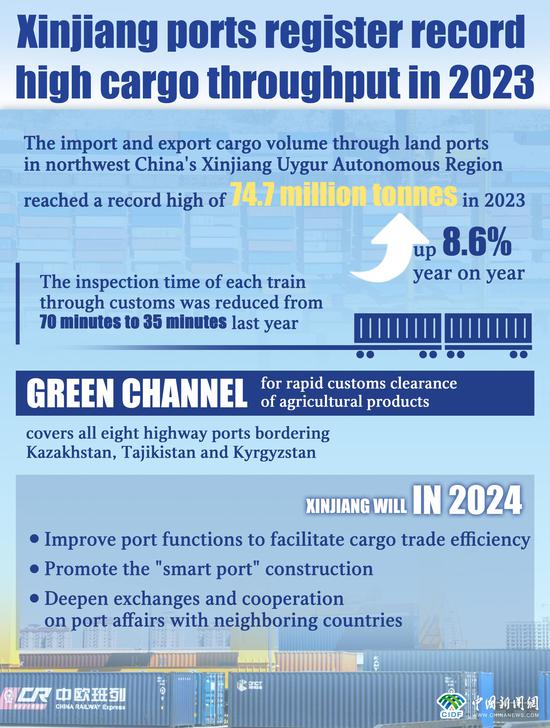
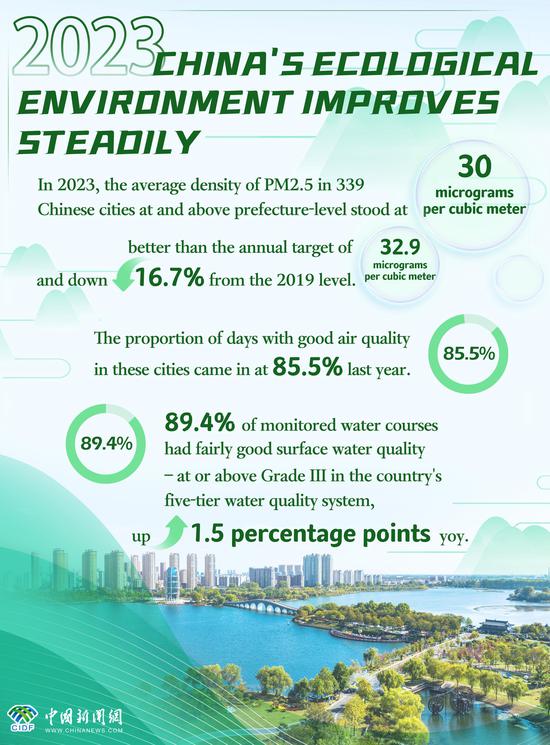
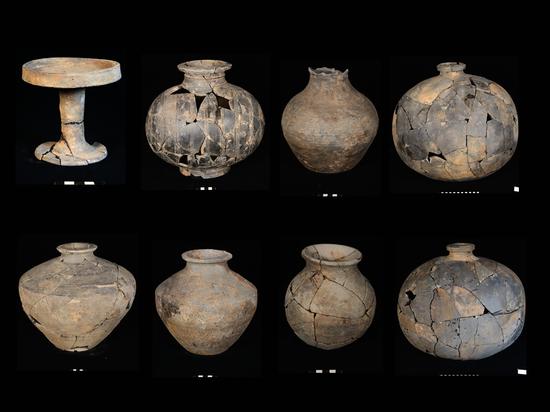

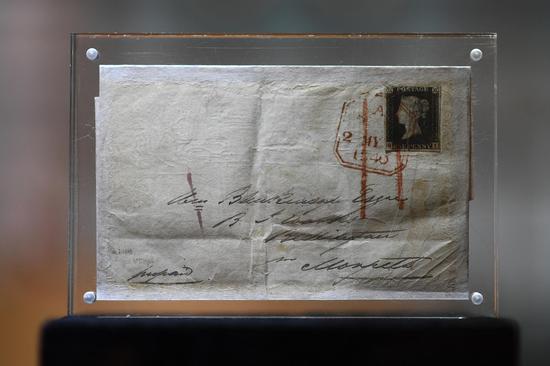






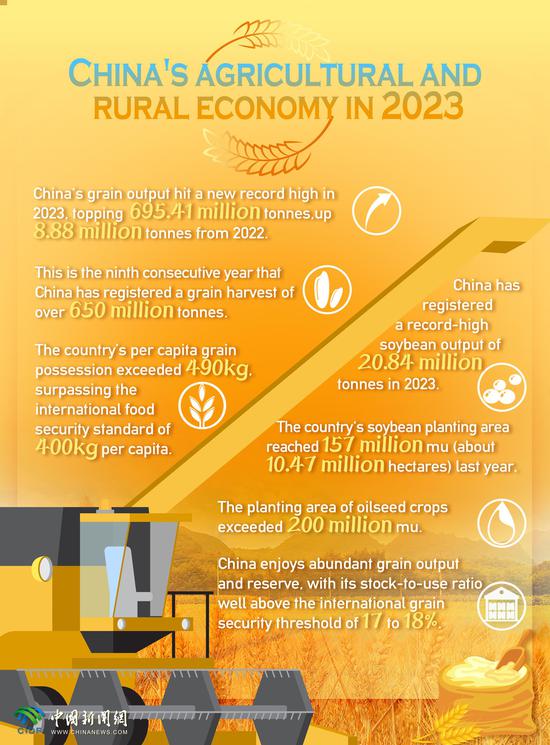


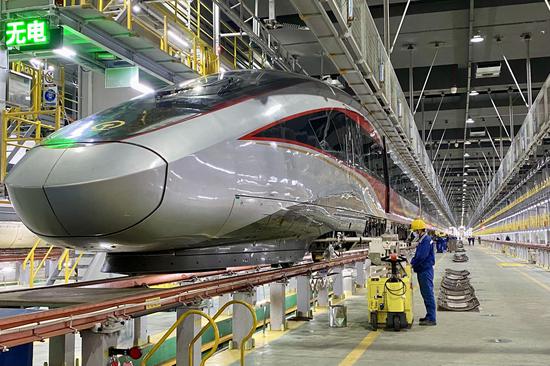


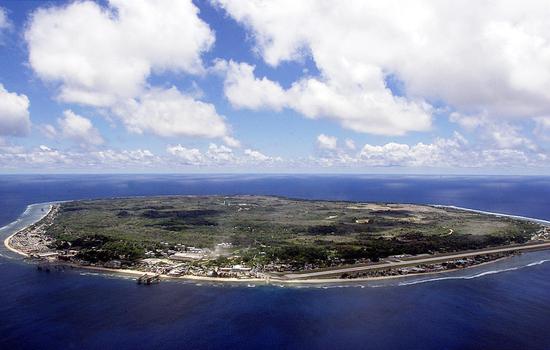


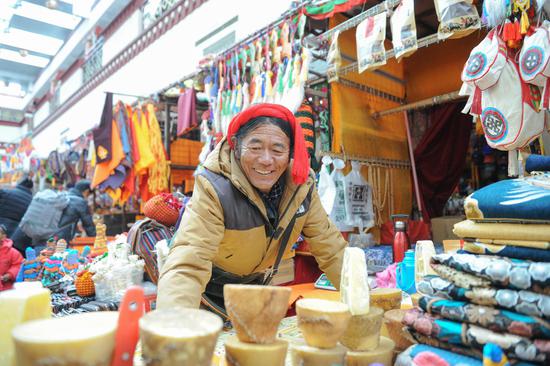
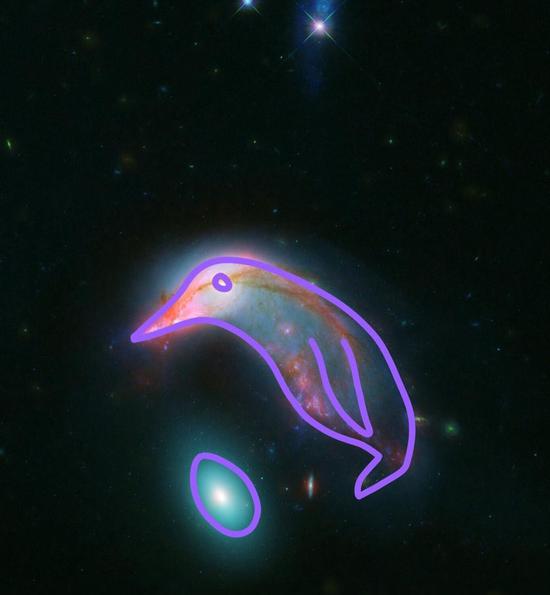
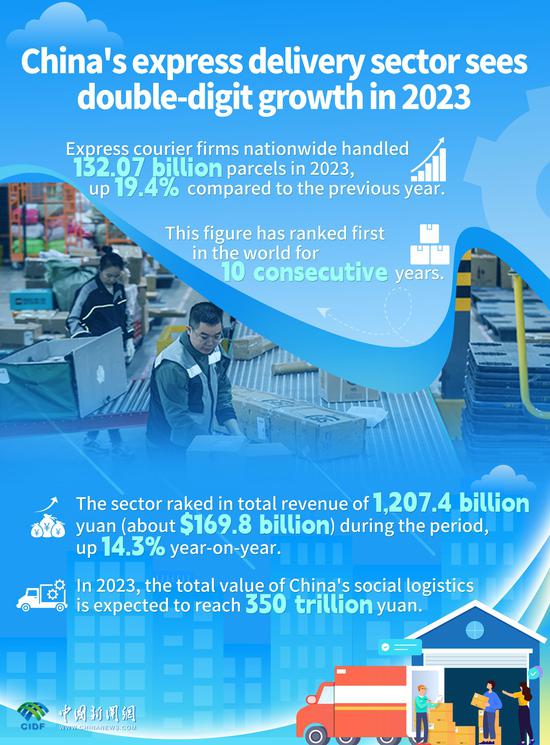
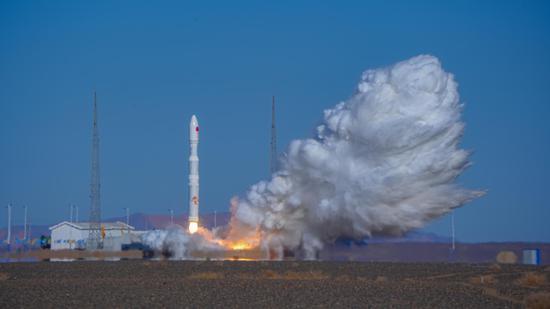
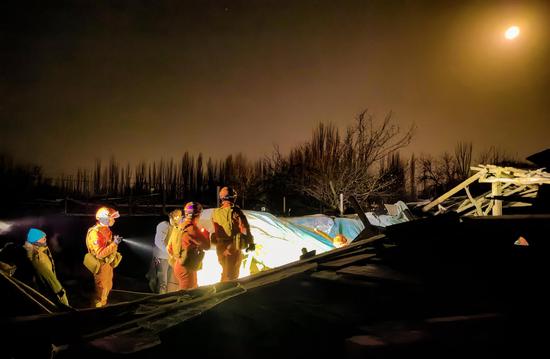


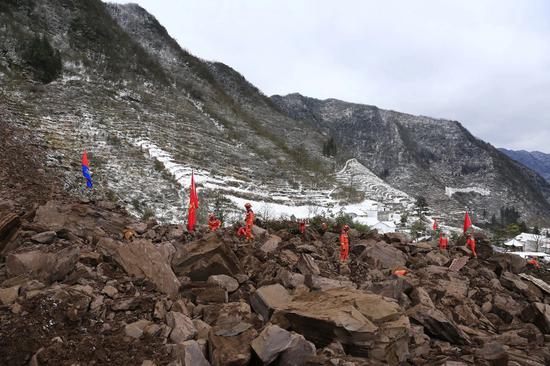




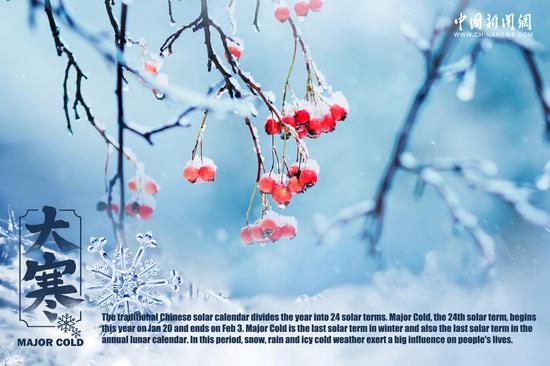
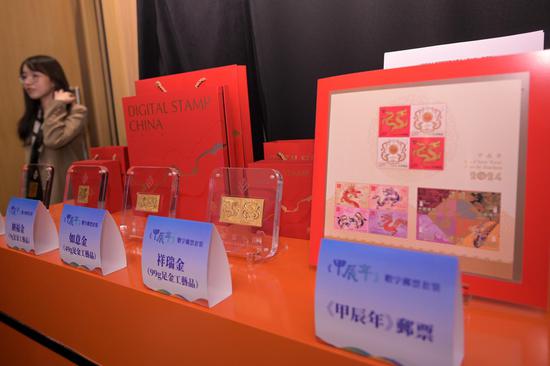








 京公网安备 11010202009201号
京公网安备 11010202009201号